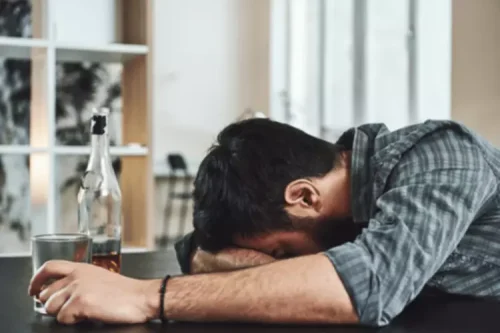- Teras kapatma, Ahşap teras kapatma Veranda, Sundurma, Balkon teras kapatma
- (0536) 410 80 94
- info@mkcatisistemleri.com
All You Need To Know About Alcohol-Induced Headaches
Totolotek Czy Warto W Tamtym Miejscu Jeszcze Obstawiać Zakłady? Zakłady Sporto
4 Aralık 2022“automaty Do Gier T Parimatch Na Ukraini
22 Aralık 2022
Other types of headaches, including severe headaches, can occur as a result of alcohol consumption. Hangover headaches tend to have symptoms common to many people. The headaches often occur along with other symptoms related to drinking alcoholic beverages. About two-thirds of people who drink alcohol develop these headaches. People who suffer from migraine are more prone to these reactions — even after drinking less alcohol than people who don’t get migraine headaches. Another thing that remains unclear is whether the type of alcohol you drink determines whether or not you will get a migraine headache.
How Long Do Hangover Headaches Last?

Drinks containing more alcohol and congeners may worsen the chance of developing a headache. 2021 research also linked lifestyle factors with alcohol drinking and smoking to cluster headaches and their severity. 2020 research shows that females are more likely to experience hangovers, memory problems, and liver disease from consuming alcohol. Genes that play a role in opioid, serotonin, and dopamine systems also influence alcohol sensitivity.
Binge Drinking and Its Risks
If you are struggling with alcohol abuse or other dependency issues, there are many resources that are ready to help. Drinking too much can trigger migraines, and possibly other types of headaches—such as cluster headaches and tension headaches—in people who are already susceptible to these issues. Such headaches can occur while you are drinking, or a few hours after—even if you’ve had as little as one drink. alcohol causes migraines Because your body views alcohol as a toxic substance, it’s perfectly normal to experience a headache from drinking alcohol. Alcohol’s effects on your body include dehydration, inflammation, reduced sleep quality, and the buildup of toxic substances—all of which can give you a headache. Staying hydrated and keeping alcohol consumption to a minimum can decrease the chance of experiencing a headache.

Best Migraine Diet: Mango Gazpacho Soup

It’s well known that drinking too much alcohol can cause a variety of symptoms the next day. People who cannot stop drinking should talk with a doctor about treatment for alcohol use disorder, which is a serious but treatable condition. Migraine episodes can be a periodic inconvenience, or they can be debilitating.
- These can be very uncomfortable and can be caused by dehydration after consuming alcohol.
- This chemical builds up in the blood as the liver breaks down the alcohol into a form that can be eliminated from the body.
- Additionally, keeping a diary to track your triggers and being mindful of other factors like stress can also be helpful.
- The only guaranteed way to prevent a hangover headache is to avoid alcohol, or at least drink in moderation.
- “Hair of the dog” refers to having some of the same alcohol the next morning that you had the night before.
Should people with migraine avoid alcohol?
Unfortunately, some may notice that their headache takes a little longer to go away, this could be up to 72 hours. As we have discovered from looking at the types of alcohol-induced headaches, you may experience one from as little as three hours after drinking alcohol. But even among those who identify red wine as a trigger, it doesn’t hold true every time. It’s likely that migraine attacks involve several contributing factors. Among alcoholic beverages, wine has quite the reputation as a headache trigger, particularly red wine. That first twinge of a headache can occur within a sip or two, or it may show up several hours later.
- A 2019 study recognized alcoholic beverages, especially red wine, as a migraine trigger factor for people with migraine.
- Still, we’ve also got some tips that can help you reduce your chances of having a headache, and a few to ease your pain in case you’ve already got one.
- One or two drinks with food and water over time might be safe for you, but three or more will produce a hangover headache for many people.
- People who get migraine attacks during or after drinking should consider reducing or eliminating alcohol.
- Headaches are an unpleasant result of alcohol intoxication.
Gender and body weight
- A hangover headache—also called a delayed alcohol-induced headache—usually comes on the morning after drinking the night before, once the alcohol is out of your system.
- Blood vessels in the skin dilate, causing flushing and increased cardiac output.
- The American Migraine Foundation offers extensive resources to help you explore your symptoms and treatment options.
How to Get Rid of a Cocktail Headache
- This leads to excessive urination and dehydration, which may cause a headache after a small amount of alcohol.
- Your body metabolizes a typical serving of alcohol (about 16 fluid ounces) in the course of an hour or so.
- Downing more alcohol (the “hair of the dog” theory) won’t help either.
- You might have heard that red wine is most likely to cause problems.
- Motor pathways become overactive, and blood sugar is processed less efficiently in the brain.
